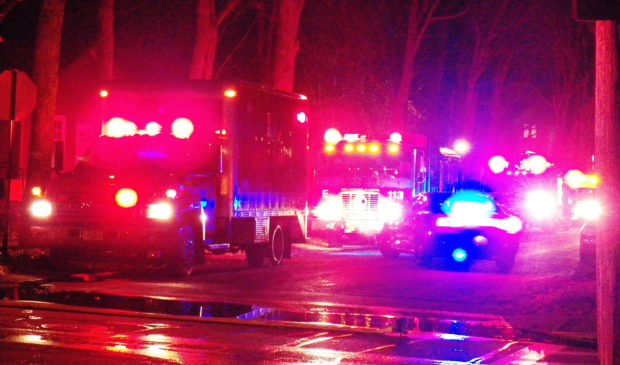Safety commission discusses staffing for APD sexual assault unit
Wednesday, March 8, 2017 by
Kara Nuzback The Austin Police Department’s struggle to indict perpetrators of sexual assault crimes could be due in part to a lack of staffing, according to data examined by its Sex Crimes Unit.
For nearly a year, the APD’s battle to clear the DNA rape kit backlog has been in the public eye. At a Public Safety Commission meeting yesterday, APD Assistant Chief Joe Chacon said the top three reasons many rape cases do not result in prosecution are the wait time for DNA analysis, lack of victim cooperation and a large caseload on individual detectives.
“A victim wants to see progress,” Chacon said.
When a detective has other cases to prioritize, the victim might get angry or lose interest in helping police with the case, he said.
Commissioner Kim Rossmo, who along with Commissioner Rebecca Webber put the item on the agenda, said he wants to know what the staffing needs are in the sexual crimes unit because the detectives’ large caseloads are likely leading to lack of cooperation from victims.
“We could certainly use more sex crimes detectives,” Chacon said.
But Chacon said he feared that increasing the number of detectives in the sexual crimes unit would take detectives away from other units in the Investigations Bureau that are also running out of bandwidth. Not to mention that violent crime in Austin is on the rise, he said. Chacon said that even fully staffed, the city has outgrown many APD services.
“I have a number of units within my bureau that are hurting right now,” he said. “Sex Crimes is definitely up there at the top of the list.”
The Sex Crimes Unit has 13 authorized investigators and 200 active sexual assault cases, meaning each investigator must handle approximately 15 cases at a time, Chacon said. In addition, every sexual assault victim who files a report with the APD is given a victims services counselor, he said. There are 40 counselors in the entire department, but only three counselors and one supervisor specialize in sexual assault cases.
Commissioner Michael Levy said more experience in the Sex Crimes Unit could help improve its prosecution numbers.
Chacon said the department has to strike a balance between keeping experienced detectives in a certain unit and also allowing detectives to work in different units throughout their career to ready them for supervisory positions.
The APD examined data from January-March 2015, Chacon said, during which time 113 rape cases were reported in the city. Based on the National Crime Victimization Survey from 2015, only one in three rape cases are reported to police, so the APD estimates that 350 actual rapes occurred in Austin during this period, he said.
“Every case that comes in is assigned and is investigated,” Chacon said.
Ten of the 113 reported cases ended in an arrest, according to Chacon, but none of the perpetrators have yet been adjudicated. And in 23 of the 113 cases, the victims refused to cooperate in the investigation.
“There is no one way that a victim is going to respond and recover and ultimately survive a rape,” he said. “Many times they will feel guilt; they feel shame.”
Chacon said victims often decide not to move forward with their cases, despite help from the APD’s victim services unit. He said all victim services counselors have master’s degrees and are well-qualified for the job. The department also seeks out opportunities for officer and detective training to properly communicate with victims and keep them engaged in the case, he said.
Levy asked Chacon to return to the commission next month to discuss the issue further. Rossmo asked Chacon to bring data on the time it takes for DNA results to come back from the lab.
Webber said the commission would begin discussing budget recommendations in the spring, which could include additional staffing at the APD.
The Austin Monitor’s work is made possible by donations from the community. Though our reporting covers donors from time to time, we are careful to keep business and editorial efforts separate while maintaining transparency. A complete list of donors is available here, and our code of ethics is explained here.
You're a community leader
And we’re honored you look to us for serious, in-depth news. You know a strong community needs local and dedicated watchdog reporting. We’re here for you and that won’t change. Now will you take the powerful next step and support our nonprofit news organization?










